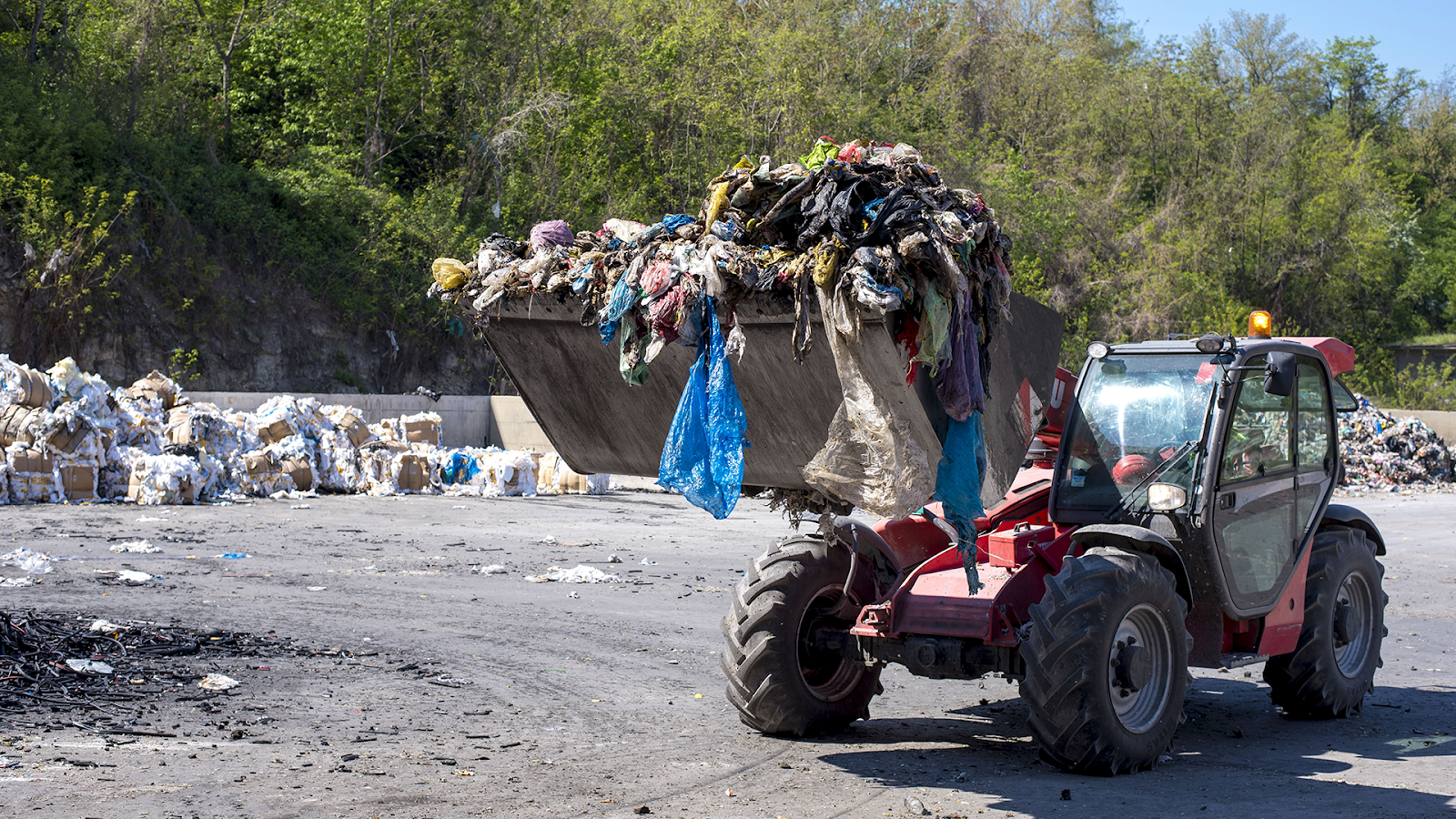The Role of Minerals in Water and Their Impact on Hair Growth

If you're struggling with thinning hair, breakage, or scalp issues, your first instinct might be to switch shampoos or try a new supplement. But what if the real issue is something as simple and overlooked as the water you shower with?
The mineral content in your water—particularly calcium and magnesium—can have a major effect on the health of your scalp and hair follicles. Understanding how these minerals interact with your body is key to making informed choices that support healthy hair growth.
What Is Hard Water?
Hard water is water that contains a high concentration of dissolved minerals, primarily calcium and magnesium. These minerals are picked up as water flows through limestone and chalk deposits underground. While not harmful to drink, hard water can cause complications when it comes into contact with your skin and hair.
Signs of hard water include soap that doesn’t lather well, cloudy glassware, mineral buildup around faucets, and dry, irritated skin or hair after bathing. But more subtly, it can affect the way your hair looks, feels, and grows over time.
How Minerals Affect Hair and Scalp Health
Hard water leaves behind mineral deposits that build up on the scalp and hair shaft. This residue can clog hair follicles, reduce moisture absorption, and weigh hair down, leaving it dull and lifeless. Over time, the scalp may become dry or inflamed, which can interfere with natural hair growth cycles.
Excess minerals also strip away natural oils that protect and hydrate your hair. Without these oils, strands become brittle and more prone to breakage. This often creates the illusion of hair loss, even if growth remains consistent.
Testing Water Hardness at Home
If you're concerned that your water might be affecting your hair, the first step is to identify whether you have hard water in your home. Simple at-home tests are available and can provide clarity without the need for professional evaluation.
This guide on testing water hardness at home offers practical methods you can use today, including test strips and bottle tests. These small efforts can help determine whether you need to take steps to adjust your water quality.
Minerals That Help—And Hurt—Hair Growth
Not all minerals are bad for hair. In fact, certain minerals can actually support healthy follicles and encourage growth. Here's a breakdown:
Helpful Minerals (when balanced):
- Zinc: Helps with tissue growth and repair, including the scalp.
- Iron: Supports oxygen delivery to hair roots.
- Silica: Promotes stronger hair strands.
Problematic in Excess:
- Calcium & Magnesium: These can coat the scalp and hair, creating a buildup that blocks growth.
- Copper: In high concentrations, it can weaken hair follicles.
How Filtered Showerheads Can Help
The good news is, you don’t have to live with the effects of hard water. One of the most practical solutions is to use a filtered showerhead. These devices are designed to reduce or eliminate excess minerals, chlorine, and other contaminants before they hit your skin or scalp.
Some newer models go even further by adding beneficial ingredients like vitamin C, which can soothe the scalp and reduce inflammation. Using vitamin infused filtered showerheads not only helps cleanse your hair more effectively but also replenishes it with nutrients during each wash.
Long-Term Benefits of Addressing Water Quality
Improving the quality of your shower water won’t produce overnight results, but over time, users often notice:
- Less dryness and flaking on the scalp
- Improved moisture retention in hair
- A reduction in tangles and breakage
- Overall shinier and softer hair texture
- When hair is not fighting against buildup and irritation, it’s in a better state to grow and thrive.
Final Thoughts
Healthy hair doesn’t just depend on products—it also depends on the water that rinses those products away. Minerals in hard water can silently sabotage your scalp health and hair growth goals. Testing your water and switching to a properly filtered system is a smart, science-backed step in your hair care routine.
Sometimes, the difference between dull and vibrant hair isn’t your conditioner—it’s your water.
Note: IndiBlogHub features both user-submitted and editorial content. We do not verify third-party contributions. Read our Disclaimer and Privacy Policyfor details.





